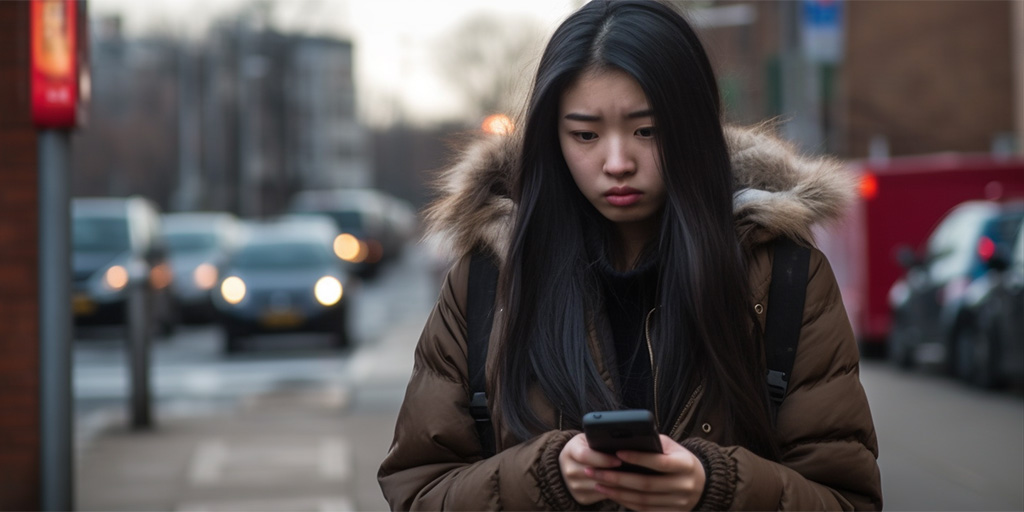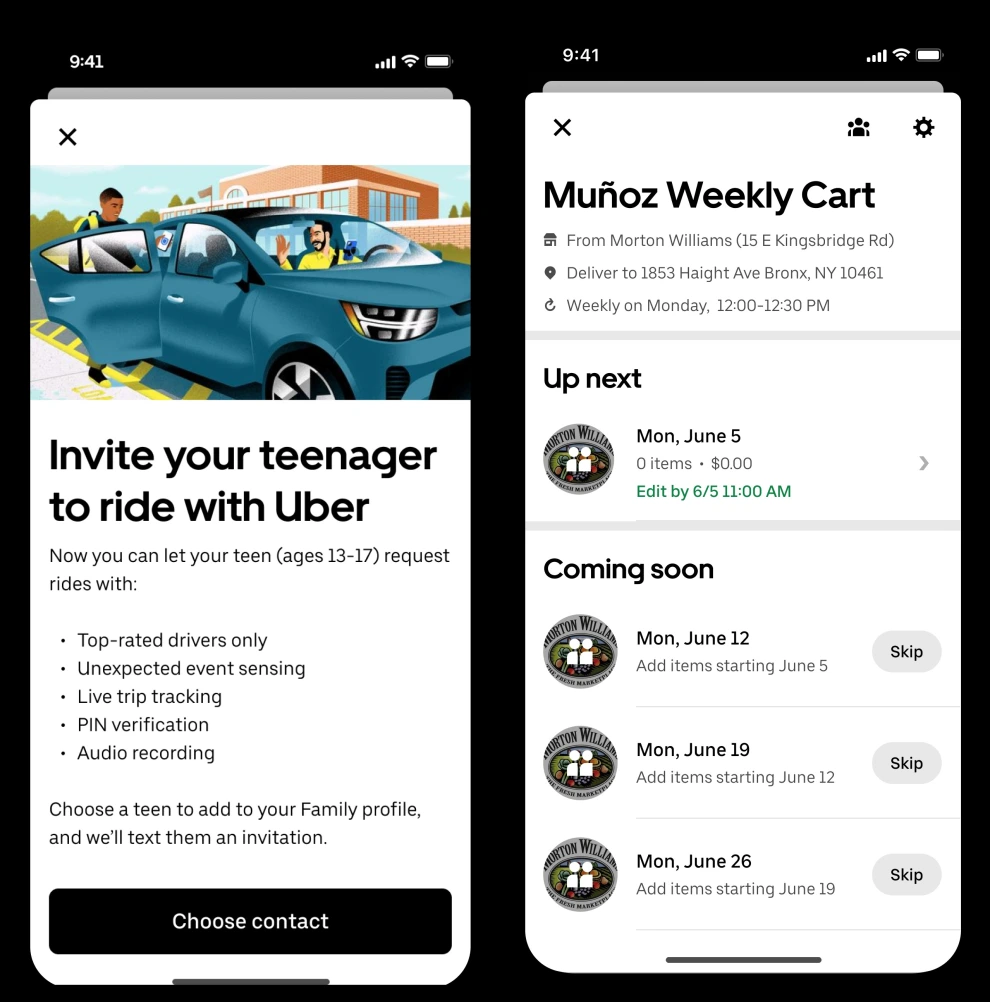
May 23, 2023

A new global study by Sapien Labs, involving over 27,000 young adults, has found a link between early smartphone or tablet use and worse mental health in adulthood. The study revealed a clear trend: the younger a person was when they got their first smartphone or tablet, the more mental health issues they reported as adults. This pattern was consistent across all regions surveyed, with a stronger link observed in women.
Correlation does not equal causation. However, the findings are notable because the study comes at a time when 50% of parents with kids under 18 feel their kids’ mental health is suffering due to social media use now. Teachers agree. They vented their frustration this week on Reddit about how disruptive smartphones are to classrooms, largely due to addictive behaviors. One commenter pointed out when students have their phones taken away, they “immediately show signs of withdrawal and get all fidgety and itchy in their seats.”
What does all this mean for you? More research still needs to be done on how much parental engagement and screen time limitations can mitigate some of the negative mental health consequences of devices. However, it seems pretty clear that the longer you delay giving your kids a tablet or a smartphone, the better.
Once you give them a device, help teachers out by making your kids keep it at home or in their backpack — educating kids is difficult enough already without turning teachers into the phone police.
Uber is introducing a new feature this week that allows families to link multiple accounts together. In select parts of the United States and Canada, Family profiles will also allow parents to invite their teens (ages 13–17) to create an account. These accounts come with additional safety measures, including allowing only highly rated, experienced drivers to accept ride requests from teens and enabling parents to track their child's trip progress in real time. The feature will also extend to Uber Eats, allowing teens to order food directly while parents monitor their delivery orders.

Big picture: Depending on your family’s needs and where you live, a teen account could be a great way to teach your child some life skills and allow them some independence — while still giving them guardrails and you some oversight. It also could be a lifesaver, literally, if your child is in an unsafe situation and needs a ride. But it’s a good idea to talk to your kid about how to use Uber, how to communicate with you during the ride, and how to identify the correct car and driver.
While completely banning kids from watching YouTube works for some families, there are also creative ways to allow some usage without letting it consume too much of their day. Try — restricting it to educational content, only watching it together, or reserving it for later in the day. Read the full list here.
Days may go by without all family members in the same room together, let alone having a quality discussion. A regularly-scheduled family meeting can help. But how and where do you start? Get tips here.